Welcome to wacky Wokeworld where whistling the theme from Bob the Builder is considered a ‘non-crime hate incident’, where insect common names are seen as racial slurs and where you should ask for your baby’s consent before you change a dirty nappy.
Can we fix it? Probably not.
When is a hate crime not a hate crime? In Britain, it’s when it’s a ‘non-crime hate incident’ instead.
Since Hate Crime Operational Guidelines were introduced in 2014 police have kept records of any reported actions that could have been motivated by hate, even when there’s no evidence, and the reported action doesn’t break any law. Sounds fair.
All it takes is for some aggrieved snowflake to think that something you did was motivated by (usually) racial animus and you can have a non-crime hate incident recorded against you and showing up in a criminal records check by prospective employers. How could that possibly go wrong?
Well, it’s recently been revealed just how ludicrous the whole system is. The Mail on Sunday reported this week about a Bedfordshire man whose non-hate crime incident consisted of whistling the theme from Bob the Builder at his neighbour. Yes, that Bob the Builder, clearly a white supremacist plant in children’s television intent on ingraining racial bias in toddlers and fomenting racial hatred.
No details are available about the possible racial motivation behind serenading someone with this particular tune. Maybe the neighbour was offended that Bob had the whole ‘Yes, we can!’ thing covered well before Barack Obama or perhaps they just don’t like ‘working together to get the job done’. Segregation is, after all, the new black.
Among the staggering 120,000 non-hate crime incidents reported to police over the past five years you’ll find:
[A] swimming teacher in West Yorkshire [was] given a police record after a child’s mother claimed her son had been allowed to bang his head against the side of the pool ‘due to his ethnicity’, and a gay man who alleged he had been ripped off by a drug dealer because of his sexuality.
In Norfolk, a Portuguese national said an unknown person had deliberately left a burger bun on their driveway ‘due to their ethnicity’.
As you do.
Appellation aggravation
Hands up if you thought that the Entomological Society of America was concentrating all its efforts on attempting to arrest the extinction of insect species, especially considering the cataclysmic effect on food chains that could result from further degradation of pollinating insect populations.
Well, no. Not in post-George Floyd USA. In 2021, bug boffindom’s cause du jour is identifying and rooting out ‘offensive’ insect common names.
The first candidate for the moniker makeover is the gypsy moth, considered a destructive pest in its caterpillar state, which obviously means that its common name is a vile racial slur against the proud Romani people.
It’s an ethnic slur to begin with that’s been rejected by the Romani people a long time ago,” said society president Michelle S. Smith. “Second, nobody wants to be associated with a harmful invasive pest.
But not so fast. The moth seems to have acquired its common name because its larvae float through the air over great distances. For some poor microscope-bound entomologist back before the days of anti-racism education this probably evoked a sense of romantic wanderlust reminiscent of travelling gypsies. Bigot!
You can be part of the brave new bug world by submitting a suggestion for the moth’s new common name on the society’s Better Common Names Project website which helpfully advises that:
[P]roblematic names perpetuate harm against people of various ethnicities and race… and counteract the very purpose of common names.
Purpose? You mean, that they’re common and everyone knows and uses them. Like gypsy moth, perhaps?
You can also dob in other offensive common names so that transgressors can be dealt with. Well, I’ve just looked through their database and I have a few suggestions.
The large kissing bug is a stand-out candidate — issues of consent, obviously. Anything starting with European or Imperial has clearly got to go, along with the ginger maggot (triggering for redheads) and the monkey slug (no explanation necessary).
I can’t quite make up my mind whether the hackberry nipplegall maker is a misogynistic, sexist, patriarchal affront to women or a proud acclamation of women’s agency over their own bodies. Thankfully those social justice warriors at the ESA should know.
A load of crap
When was the last time you asked for your toddler’s permission before changing their nappy? If your answer is ‘never!’ then you’re clearly in urgent need of parenting advice from Australian childcare — sorry, early learning centres — chain, Only About Children. The 7News story says the advice:
[E]ncourages parents to put themselves in their child’s shoes and ask, “If you were a baby, how would you like to have your nappy changed?”
Possibly not at all, since most babies seem perfectly content to wallow in their own waste.
The advice also says:
The most significant thing about a nappy change is not the new nappy, it’s the good feelings shared between baby and parent. It’s the relationship.
And here I was thinking it was actually about cleanliness, comfort, health and hygiene.
You should be seeking a more mindful and respectful experience that is all about building body autonomy and consent for your child. The advice stems from the views of podcaster and author Janet Lansbury, whose website bio interestingly concentrates more on her erstwhile career as an eighties actress and model than on her child care creds. Ancient minor celebrity status is the obvious preparation for childcare expertise.
Her article How to Love a Diaper Change (I kid you not) is full of nuggets like:
Children don’t like to be interrupted when they are playing, and most diaper changes can be postponed until there is a lull in an infant or toddler’s activity. Wait for a break in your child’s play and then say discreetly, “Please let me check your diaper now”.
A baby might wish to roll to his tummy to be wiped, or be in an all fours crawling position. The toddler may need to stand and be changed on a pad on the floor. Continue to ask for cooperation, but compromise and allow the child to do things his way…
Which all sounds like the kind of ‘kids rule’ parenting advice that gave us Wokeworld full of self-absorbed, virtue-signalling, triggered snowflake, Twitter warrior babies masquerading as adults.
Got something to add? Join the discussion and comment below.
Get 10 issues for just $10
Subscribe to The Spectator Australia today for the next 10 magazine issues, plus full online access, for just $10.

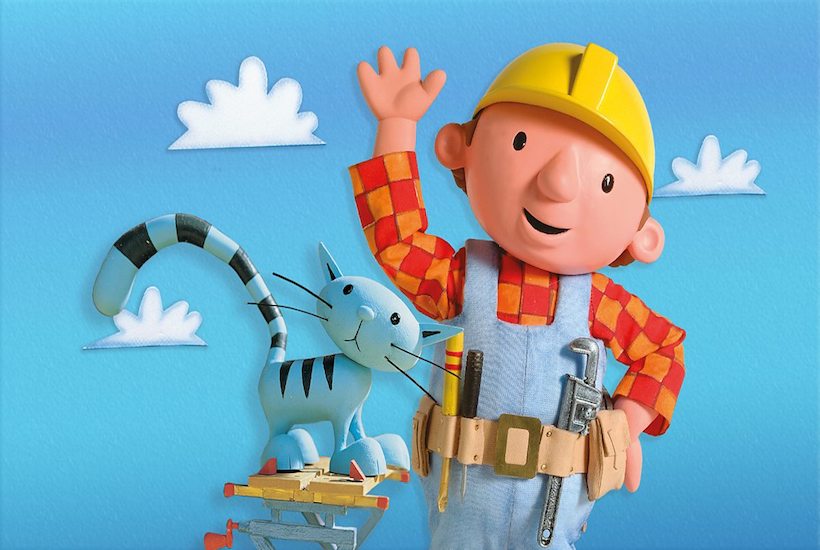
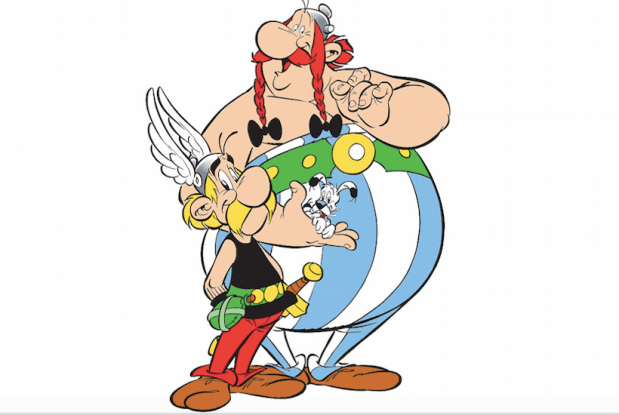
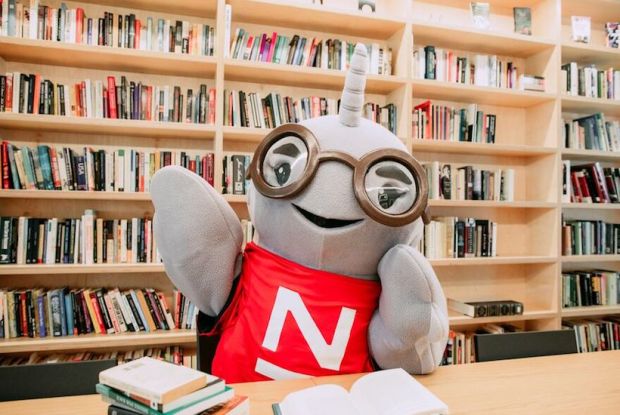


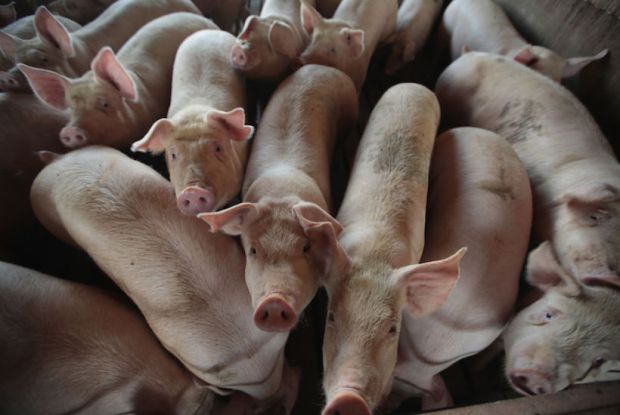
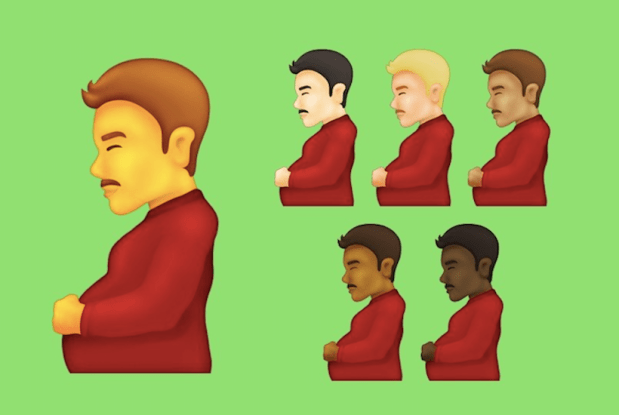


















Comments
Don't miss out
Join the conversation with other Spectator Australia readers. Subscribe to leave a comment.
SUBSCRIBEAlready a subscriber? Log in